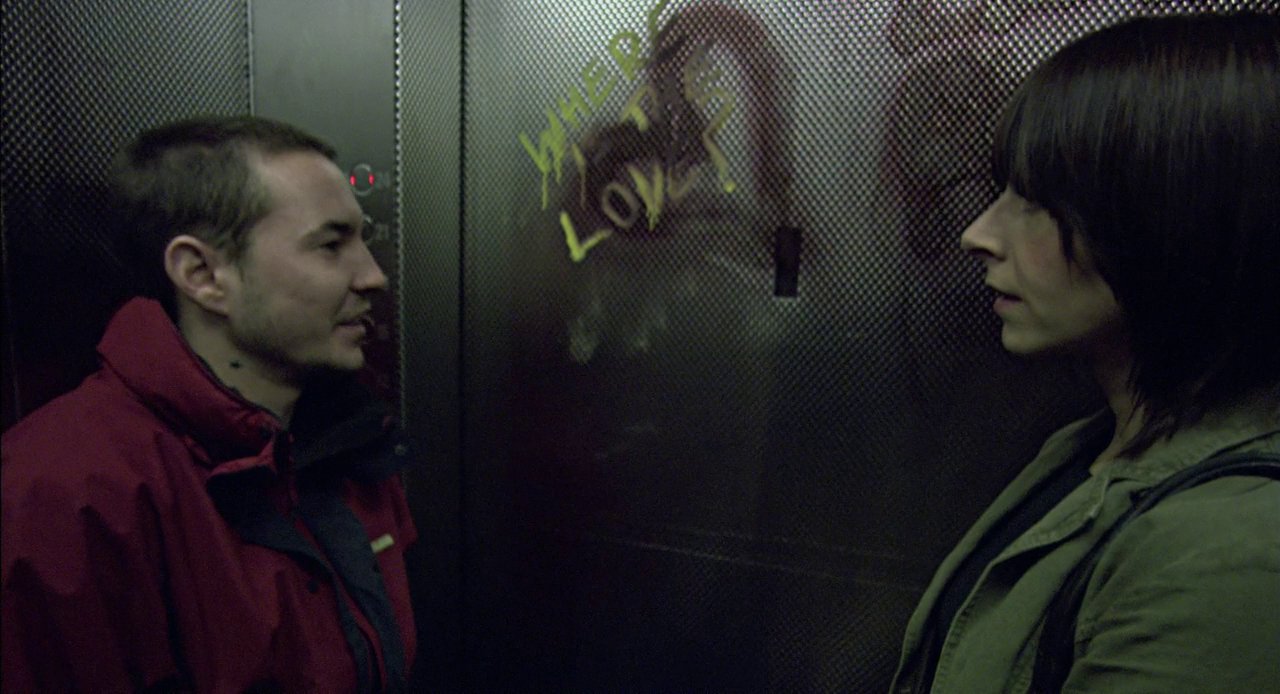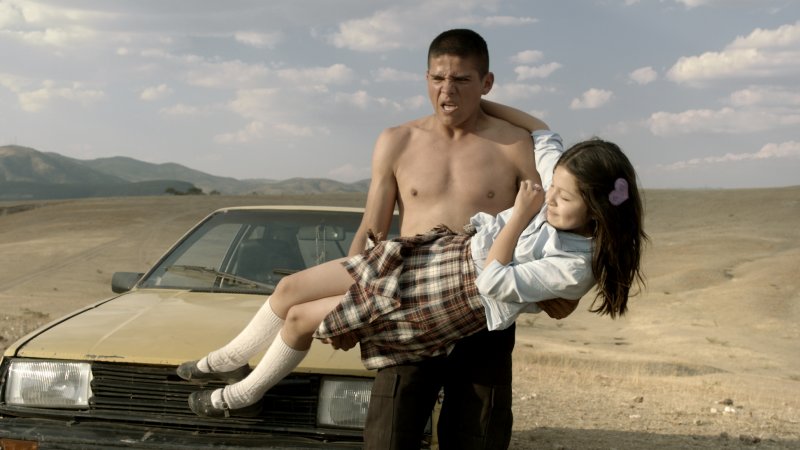6. Red Road

The first of three Jury prizes Andrea Arnold has picked up in Cannes was her most surprising win, and in some aspects the most worthy one. “Red Road” exudes of the same gorgeous, minimalistic cinematography for which Arnold’s later movies are known, but is more divisive than the projects that followed it.
The small-budget story of CCTV operator Jackie is a slow, nerve-wrenching thriller the crawls under your skin and disturbs you long before anything actually happens. Kate Dickie gives an absolutely phenomenal performance, one that seems to follow Arnold’s vision without a doubt.
7. The Class

Laurent Cantet’s Palme d’Or winning school drama was huge in 2008, mostly due to it being a name that came out of nowhere to beat some of the biggest names in cinema for the prize. But the demise of its profile has been as drastic as its rise – when was the last time you heard “The Class” being mentioned in a conversation of cinema greats?
While it may not be a masterpiece, it’s a fine piece of filmmaking that manages to capture different social classes and an extremely diverse crowd without ever making it seem artificial or resulting to cheap cliches. Initially, “The Class” was criticized for being boring or not having much a satisfying storyline, but that is exactly its strength – Cantet was able to capture the mood and feel of a classroom without pretending that there’s a unifying narrative behind everything that happens.
8. A Screaming Man

If you’ve never seen a movie from Chad, this is your chance. Another Jury prize winner on this list, Mahamat-Saleh Haroun’s story of life in the present-day African country is exceptionally well directed, and manages to capture huge tragedies in smallest of details.
After 55-year-old Adam, a former swimming champion, loses the job at a hotel pool to his own son, his live starts unraveling. The pool is his whole life; despite his age, he’s still remembered for his achievements in swimming and is referred to by his friends as the champ. And while there might not be a whole lot of glamour in the work, Adam treats it with such care that it makes you reevaluate your own career moves.
It’s not difficult to guess what stood in the way for wider recognition. “A Screaming Man” is a slow burner, one that’s reluctant to make the task of watching it more enjoyable. And yet, if given enough attention, Adam’s life works both as a simple story of an ending and a metaphor for the socio-political contexts in which it references.
9. Polisse

“Polisse” might not have been exactly forgotten, but it certainly deserves a hell of a lot more attention than it gets. Maïwenn’s Jury prize winning police drama is an absolute masterpiece and one of the greatest movies of this decade.
Following the story of a journalist assigned to a juvenile division of the police force, the film takes its time developing the characters both as police officers and as human beings. The loose structure allows Maïwenn to put the spotlight on the people rather than the story, and after an hour or so, we have already been exposed to more warmth, anger, and pain than in almost any drama in recent years.
“Polisse” is often judged for its unfocused approach, but it’s as focused a movie as you’ll ever see. Maïwenn sacrifices certain elements that would have made the movie easier to sit through, but in return, it offers a portrayal so rich in detail and so textured in emotions that after seeing it you feel as if you’ve lived through an entire life in two hours – and what, if not that, is the goal of cinema?
10. Heli

To be perfectly honest, a movie as brutal and disgusting as “Heli” will always fight an uphill battle to get recognized, especially when the violence is purposefully made to look as real as possible. The Best Director award brought Amat Escalante’s name some much needed attention, but the movie itself was reserved only to select film festival audiences.
“Heli” is, however, a fantastic movie in every sense of the world. Not only does it portray the effects of Mexican drug wars on an everyday family without every simplifying the situation, but it establishes a perfect composition between its parts. “Heli” doesn’t strike its viewers with visual tricks, but instead builds a story that floors the public precisely because it seems so down to earth.
Moreover, graphic violence in cinema more often than not is pandering to the underlying needs of either the creator or the viewer, but the violence, however gratuitous, always serves a purpose. The evil of “Heli” is the evil of everyday life and the way Escalante makes us believe every second of the hellish world of a small Mexican town is worth every best director award in the world.
Author Bio: Vladas is a film journalist and a festival programmer with a degree in Philosophy. He is confident that one day he will write a comedy at least as good as Hot Fuzz, although all evidence so far points otherwise. He also likes to read and crush the opposition in old Fifa games.